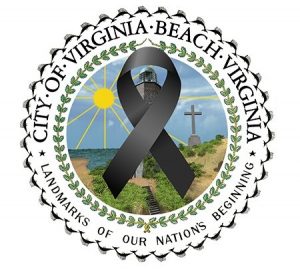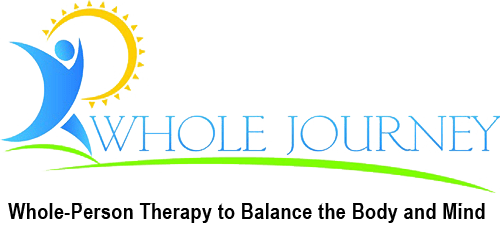Recovering from Community Tragedy

By: Whole Journey Services
May 30, 2020
Recovering from Community Tragedy
 Jeannine Moga, LCSW
Jeannine Moga, LCSW
It’s been just over one month since the shooting at the Virginia Beach Municipal Center took the lives of twelve people, injured several more, and left our community stunned and horrified. Talk of workplace violence and mass public attacks has increased in recent years, but this is now personal: the shooting happened here. And as our friends, neighbors, and colleagues continue to make sense out of this tragic event, we are wise to consider that the effects of tragedy unfold over months and years, not days and weeks. As such, it can be helpful to keep a few things in mind:
- Trauma is not limited to those directly impacted by it. If you or someone you know was directly impacted by the shooting, the sense of loss may be profound. Secondary trauma can also be triggered via indirect exposure, though, such as listening to constant coverage in the 24/7 news cycle. You don’t have to be directly impacted by a tragedy to have your sense of safety, sense of community, or sense of predictability altered by something shocking.
- Honor and respect your feelings. There is no such thing as a “wrong” way to process unbelievable events. Anger, disbelief, and horror can co-exist alongside guilt, numbness, or even relief – and the emotional experience of mass trauma will shift as we come to terms with how life and community have changed without our consent. Be patient with yourself and others, and keep in mind that grief and traumatic grief can wax and wane over time.
- Limit your exposure. The desire to understand why and how horrible things happen can lead us down a rabbit hole of painful and overwhelming details, which often hurts instead of helps. Take time away from continued news coverage, turn off your devices, and use that time to reconnect to who and what you love. Balance the need to know with the need for time away.
- Connect and talk to others. Social connections help to rebuild a sense of safety, and standing in solidarity with others in our larger community can make use feel less alone in the struggle to make sense out of disaster. Furthermore, social support is critical for individual, family, and community recovery from mass trauma. The need for social support and connection may actually rise in the months after a mass trauma because the disbelief and shock wear off, and we must begin to reckon with the after effects of the trauma itself.
- Step up your self-care. Make a conscious effort to do more of the things that bring you comfort and joy. It is not a disservice to those who perished in the shooting – or even those who survived – to put yourself in the path of light. In fact, doing what we need to do to stay upright and hopeful is required to move forward with resilience.
- Help others. Stepping outside our own struggle and sadness can often make us feel less helpless in the face of things we cannot predict or control. There is ample research suggesting that doing things to support and help others who are in need boosts resilience and amplifies our sense of purpose, which is linked to grief and trauma recovery. We all need a reason to press on despite difficult times.


